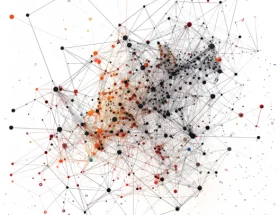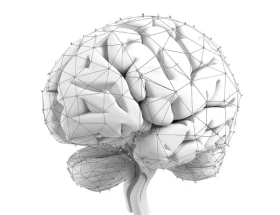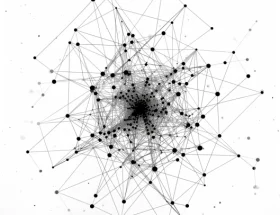The Dataset Generator available at Cogn-IQ.org is a powerful resource designed for researchers and practitioners working with Item Response Theory (IRT). This tool simulates datasets tailored for psychometric analysis, enabling users to explore a range of testing scenarios with customizable item and subject characteristics. It supports the widely used 2-Parameter Logistic (2PL) model, providing flexibility and precision for diverse applications.
Background
Item Response Theory (IRT) is a statistical framework used to model the relationship between latent traits, such as abilities or attitudes, and responses to test items. The 2PL model enhances this framework by incorporating two key parameters for each item: difficulty and discrimination. This approach allows for a detailed analysis of how individuals interact with test items, making it invaluable in educational testing, psychological assessments, and beyond.

Key Insights
- Scenario-Specific Simulations: The tool offers predefined scenarios reflecting varied testing environments. For example, users can simulate tests with homogeneous items (similar difficulty and discrimination) or heterogeneous ones (wider variation in item characteristics).
- Support for Skewed Distributions: The generator allows for the creation of datasets with skewed difficulty distributions, useful for tests targeting specific populations such as high- or low-ability groups.
- Polytomous Item Scoring: In addition to binary scoring, the tool supports polytomous items with multiple response categories, catering to tests that use graded scales or partial credit scoring.
- Missing Data Simulation: The tool includes options to simulate datasets with missing responses, enabling researchers to examine the impact of incomplete data on IRT analyses.
Significance
This tool addresses the need for flexible and realistic dataset simulations in psychometric research. By supporting a variety of scenarios and item characteristics, it equips researchers with the ability to model complex testing conditions and analyze the performance of IRT models in diverse settings. The inclusion of missing data and polytomous scoring further enhances its applicability in real-world assessments.
Future Directions
While the Dataset Generator is already highly functional, ongoing development aims to expand its capabilities. Planned updates include advanced methods for simulating non-random missing data patterns and additional support for multi-dimensional IRT models. These enhancements will further solidify its role as a go-to resource for psychometric research.
Conclusion
The Dataset Generator is an indispensable tool for psychometricians and researchers working with IRT. Its ability to simulate diverse testing environments, combined with features like polytomous scoring and missing data simulation, makes it a valuable asset for both theoretical exploration and practical applications.
Reference
Cogn-IQ.org (2023). IRT Dataset Generator. Cogn-IQ Statistical Tools. https://pubscience.org/ps-1mVDO-764b3f-O3Id










